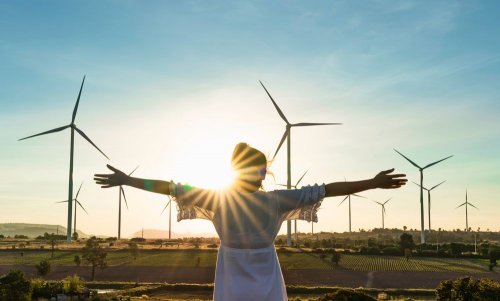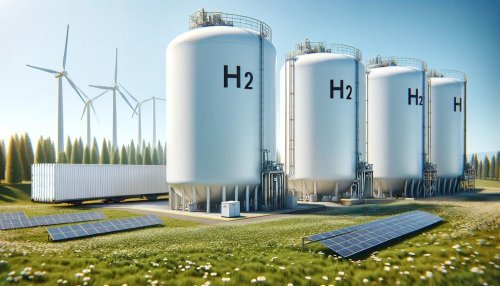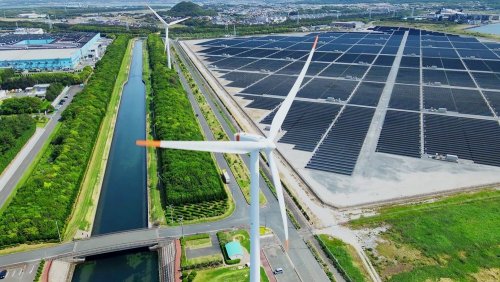The EU plans to build 30 gigafactories for energy conservation, which will contribute to energy independence and the achievement of climate neutrality goals.
This was stated by the Vice President of the European Commission, Maros Šefčovych, emphasizing that 2023 will be another defining year for the European Battery Alliance and, in general, for the future of the green technology industry in Europe, the European Commission reports.
He said that in 2022, the total investment in the EU battery ecosystem will exceed €180 billion. This covers more than 160 industrial projects, already implemented or in the process of implementation, in all value-added chains, amounting to about 70 GWh of installed capacity.
"If we want to maintain our leadership in the field of clean technologies, we cannot turn a blind eye to what is happening around us," Sefcovych stressed.
He explained that due to Russian military aggression in Ukraine, the price of gas in the EU is almost 7 times higher than, for example, in the USA. In addition, other economies are also firmly targeting increased battery production, fueling a boom in battery and raw materials production and, in some cases, changing the global playing field.
"These new realities naturally affect Europe's competitiveness and remind us that we must constantly focus on supporting investments," emphasized Šefčovych, drawing attention to the importance of the Law on Critical Raw Materials.
Earlier, EcoPolitic wrote, that the European Union has completed the reform, which brings the goals of energy independence to the recovery fund after the coronavirus pandemic in the amount of €800 billion.
As EcoPolitic previously reported, according to the consulting company Circular Energy Storage, global battery recycling capacity will grow almost 10-fold from 2021 to 2025 and exceed the available scrap supply in 2022.





